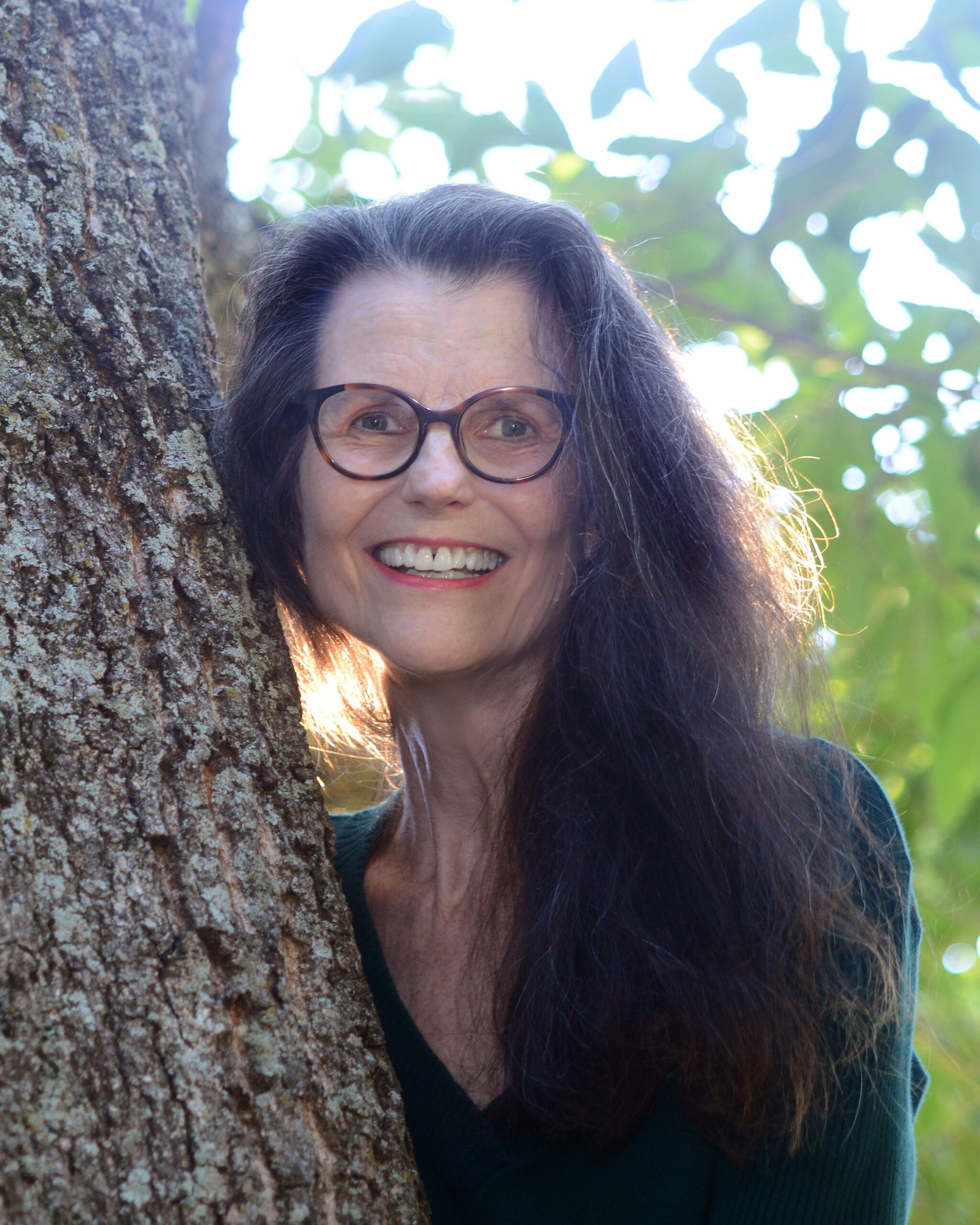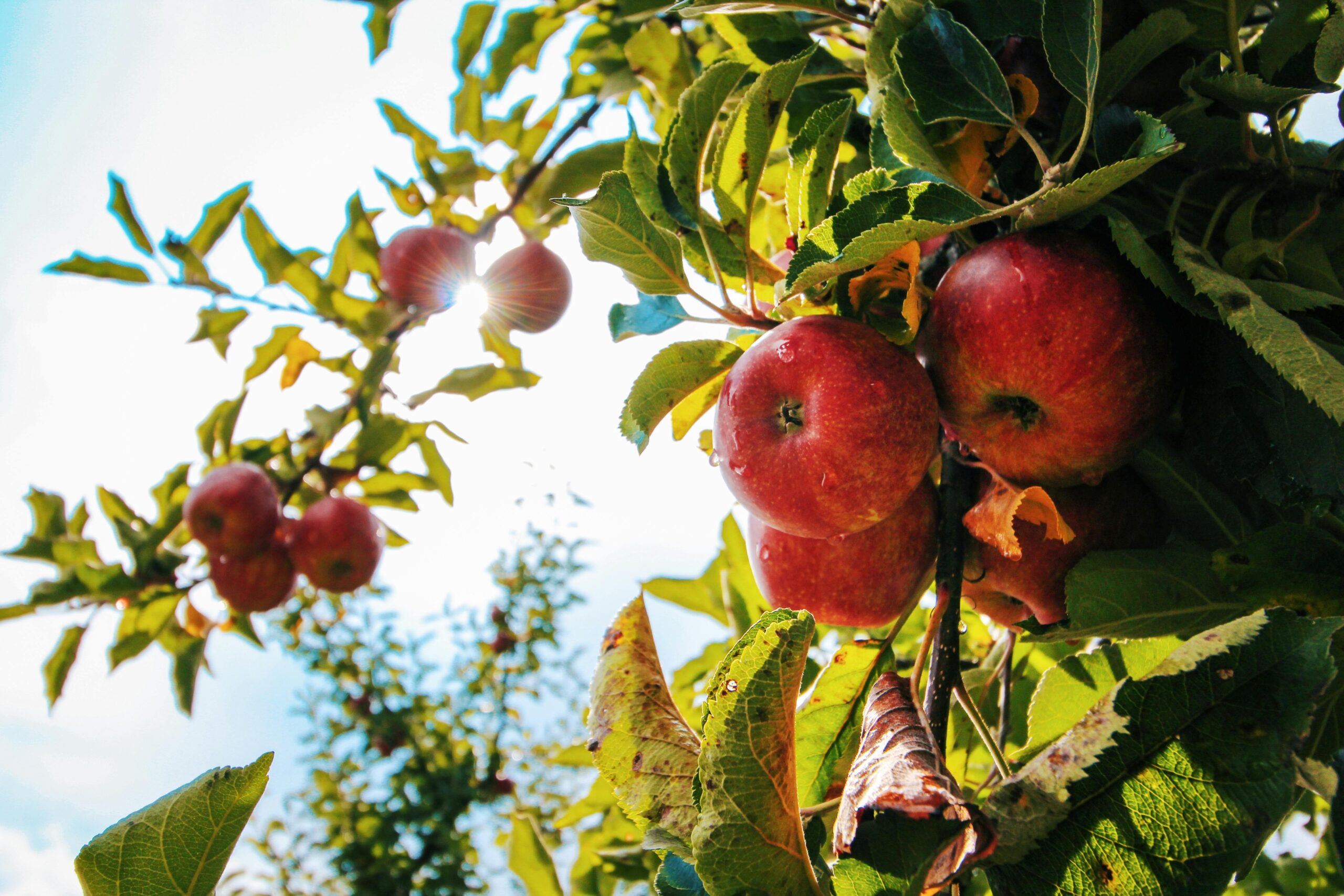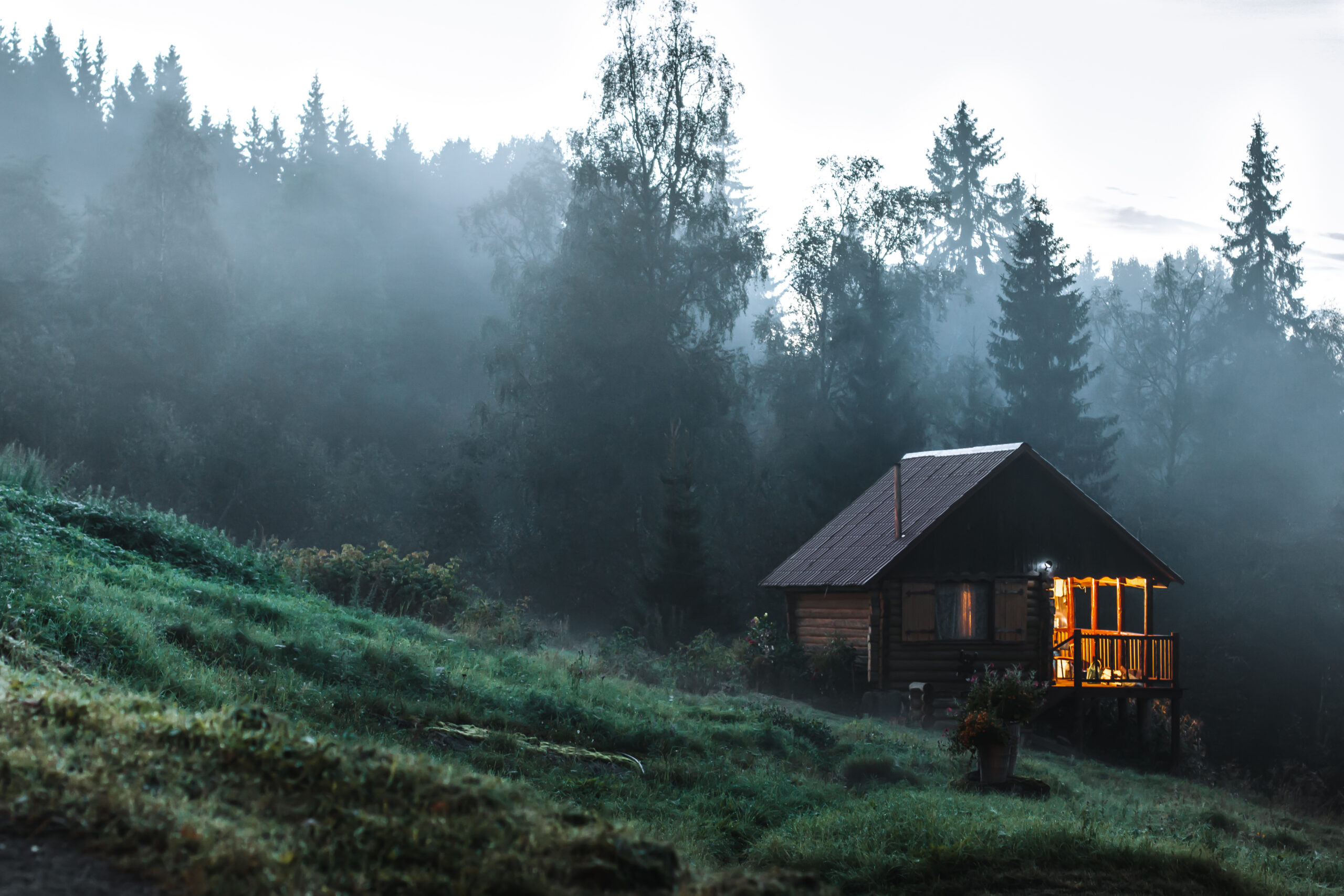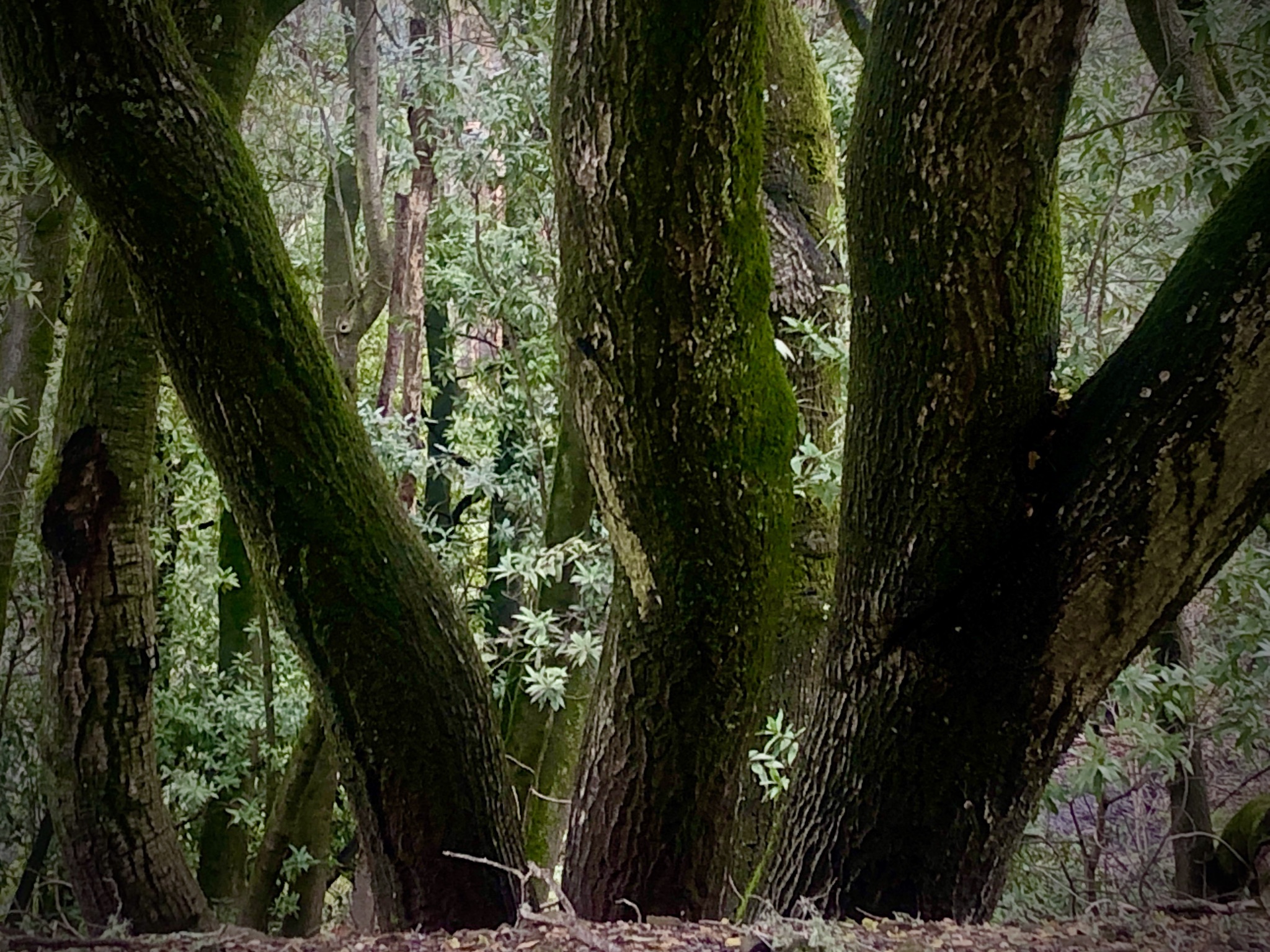By WYATT TOWNLEY
Falling is an art. No one, not even the preacher,
can tell you the way to your knees in the night.
Watch the rain. It practices its landing
on everything, drumming the roof, the car,
the pond. Watch the leaves, each a teacher
of twirl, the dance from branch to grass.
From window to pavement, the man was laughing
all the way down. However he landed, it was
hardly over. Now he’s called wise.
Walking is falling forward. Running
is falling faster. Watch the dark. It falls
so slowly while the sun yanks the rug
out from under you. At night some fall over
a book into a story. Some fall
for each other. We have fallen all the way
here. We could do it in our sleep. And we do. We do.
Wyatt Townley is Poet Laureate of Kansas Emerita. Her work has been read on NPR and published in journals of all stripes, from New Letters to Newsweek, North American Review to The Paris Review, Yoga Journal to Scientific American. Her latest book of poems is Rewriting the Body. More at WyattTownley.com
[Purchase Issue 28 here.]











